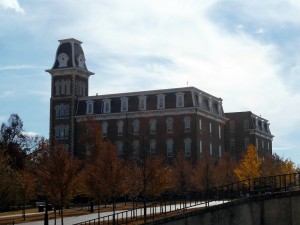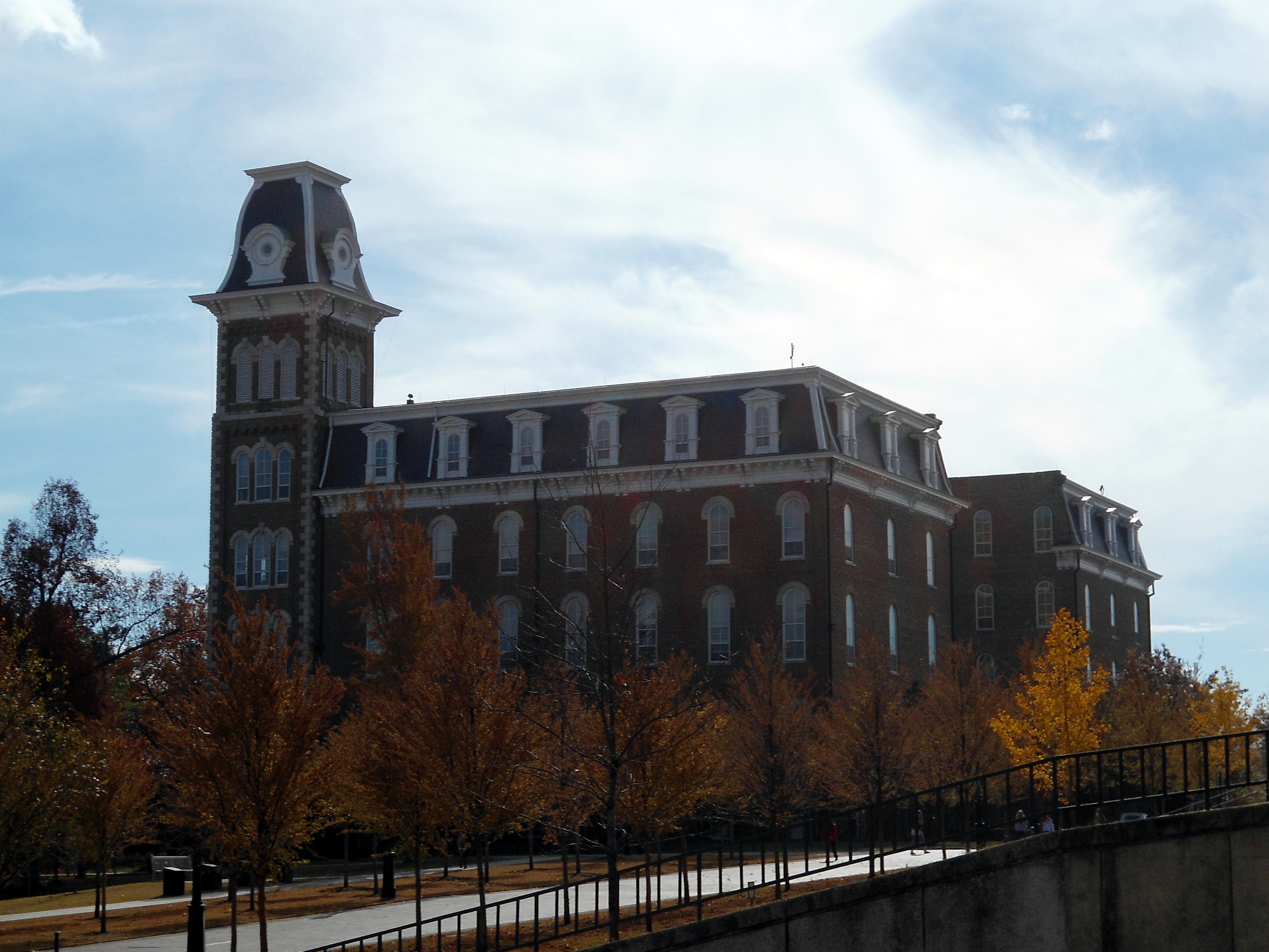A Further Analysis of Chapter 119

Overview: On August 20, 2014, the Fayetteville City Council passed asexual-orientation and gender-identity nondiscrimination ordinance (Chapter 119). Proponents of the ordinance added two amendments to the proposal in an effort to alleviate some concerns over the measure’s unintended consequences. The amendments, however, fail to address many of the flaws in the proposal.
Church Property Amendment
Amendment 1: “Nothing in this Chapter shall be construed to require any religious or denominational institution or association to open its tax exempt property or place of worship to any individual or group for any ceremony or meeting, except for any activity or service that is supported in whole or part by public funds.”
Analysis: This amendment partly addresses one of the many ways Proposed Chapter 119 restricts religious liberty in Fayetteville. It generally prevents church property from being used, for example, for a same-sex wedding or reception. However, it fails to address the following:
- Churches still face the threat of prosecution. This amendment does not exempt churches altogether. At best, it exempts church property. Churches can still be forced to employ a gay or transgender person for “secular” job positions (e.g. bookkeeper, receptionist, etc.). Even with this amendment,a church still faces the threat of criminal prosecution simply for wanting to employ people who share and abide by the faith that church proclaims.
- Ministers still face the threat of prosecution, individually. This ordinance affects ministers who officiate weddings or ceremonies for non-church-members, because they are offering a public service. This amendment protects church property, but not the ministers employed by the church. This means ministers could still be forced to perform same-sex ceremonies on non-church property (e.g. a park, private wedding chapel, etc.). This opens ministers to the possibility of prosecution simply for declining to perform a ceremony contradictory their religious convictions.
- Businesspeople are still open to prosecution. Across the nation, florists, bakers, photographers, wedding venue owners, and similar businesspeople have faced litigation and prosecution for declining to take part in same-sex ceremonies. This amendment does not protect religious businesspeople who object to hosting or serving in a same-sex ceremony.
- Private schools are not exempted. This amendment does not protect a private school’s ability to employ people who share its religious views or safeguard any of its other religious liberties.
Additional Amendment
Amendment 2: “Designating a facility as a gender-segregated space shall not be a violation of this chapter. Nothing in this chapter shall be construed as allowing any person to enter any gender-segregated space for any unlawful purpose.”
Analysis: This amendment truly accomplishes nothing. It says bathrooms, locker rooms, changing rooms, public showers, and so on can be labeled for “Men” or “Women,” and that a person cannot enter a bathroom “for an unlawful purpose.” The amendment fails to make it unlawful for a man to enter a women’s restroom or vice versa; it fails to protect private schools from being forced to make the girls’ bathrooms and locker rooms open to boys who claim to be girls; it fails to address the legal cover this ordinance inadvertently gives to predators loitering in or around opposite-sex restrooms.
To put it another way, this amendment says you are free to hang a sign above the bathroom door, and it reiterates that a person cannot do anything that is illegal in the bathroom. That’s it.
Questions and Answers
Question: Did the Fayetteville City Council exempt churches from Chapter 119?
Answer: No. The Fayetteville City Council tacked on a few extra protections for church property. It did not protect a church’s ability to employ people who share and abide by its religious beliefs, and it did not protect ministers, personally, from prosecution for declining to take part in a same-sex ceremony.
Question: Can a church still be prosecuted under Chapter 119?
Answer: Yes. Churches can be prosecuted for declining to employ someone due to sexual orientation or gender identity. If a church refused to employ, for example, a gay bookkeeper or a male receptionist who dresses as a female, the church could face criminal prosecution—even with the last-minute changes made to Chapter 119.
Question: Could a minister be prosecuted, personally, under this ordinance?
Answer: Yes. Many ministers officiate weddings and similar ceremonies for non-church-members at non-church locations (e.g. private wedding chapels, public parks, historic locations, etc.). Under this ordinance, a minister who declines to perform a ceremony for a same-sex couple could face criminal prosecution. To avoid prosecution, ministers will be forced to restrict the ceremonies they perform to ceremonies involving church members.
Question: Did the Fayetteville City Council exempt public restrooms from the ordinance?
Answer: No. The council added a virtually meaningless amendment to Chapter 119 essentially saying it is lawful to label a restroom “Men” or “Women,” and that a person cannot do anything illegal in the restroom. The amendment does not prevent a biological male who claims to be female from using the women’s restroom. In fact, nothing in this amendment keeps a biological male who claims to be female from undressing or showering in areas designated for females, unless it can be proven that he has an “unlawful” motive in doing so.
Question: How might a sexual predator use this ordinance as a defense in court?
Answer: Even as amended, this ordinance fails to stop biological males who claim to be female from entering the women’s restrooms at a public location. This means, for example, a man loitering in or around the women’s restroom could claim to be transgender (i.e. biologically male, but considers himself female) and use that as an excuse for his presence in the women’s restroom, showers, changing area, or similar facility.
Photo Credit: “Old Main from the northwest, University of Arkansas, Fayetteville, Arkansas (autumn)” by Brandonrush – Own work. Licensed under Creative Commons Attribution-Share Alike 3.0 Unported.


